Bill Cunningham and I didn’t share much, but we often saw eye to eye. Though I’d known his work and seen him snapping on street corners before that, I only met and got to know him when I went to work for what were then still called the women’s pages of The New York Times in 1985, and it didn’t take long for us to find common ground. We both had a penchant for telling the truth in a world of pretty lies.
Bill is now celebrated for his street fashion photography, a genre he invented, and for years, practiced in splendid isolation. But he was more than that: a milliner-turned-fashion-writer-turned-photographer who eventually became a living New York landmark–officially.
Remembering Bill Cunningham
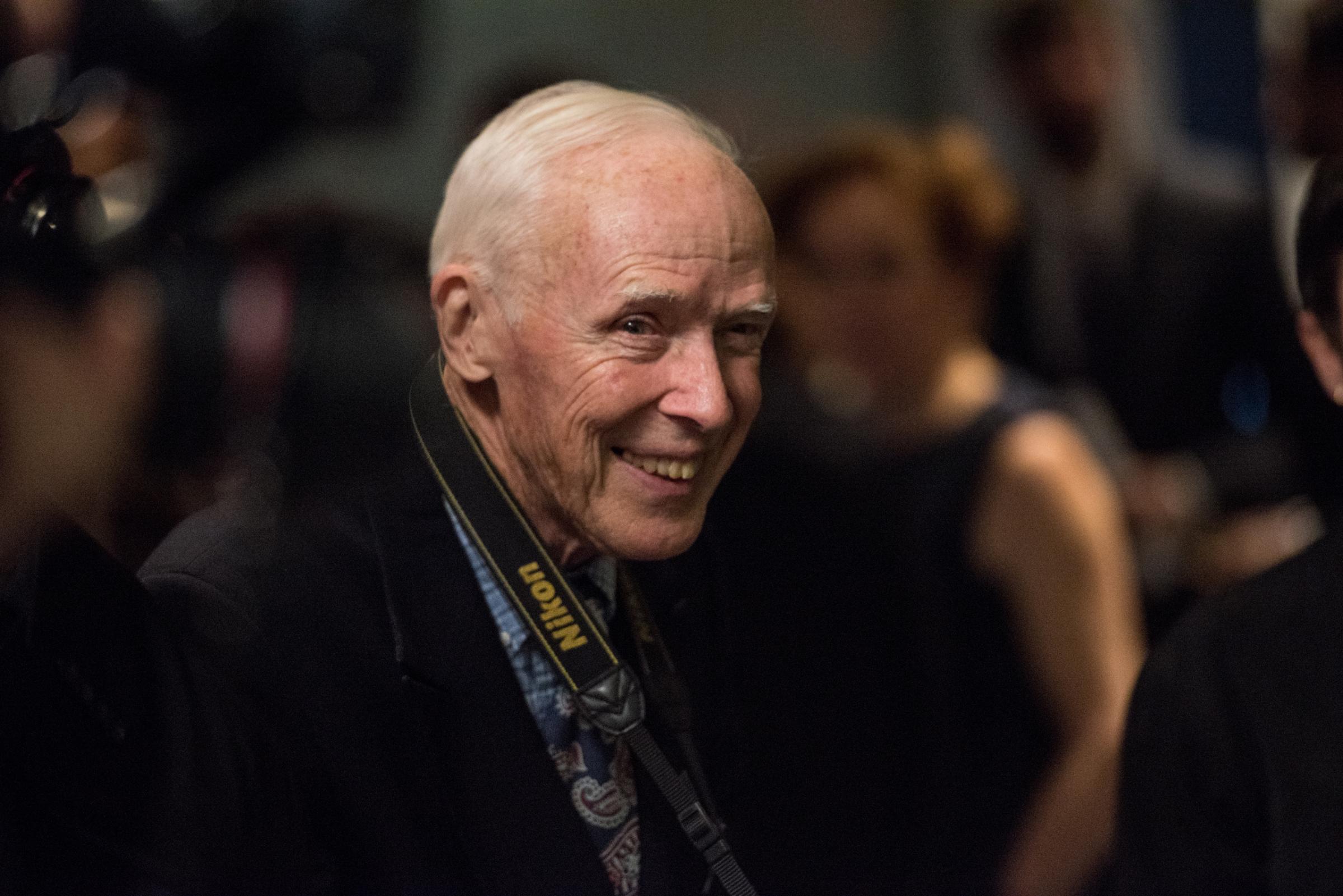
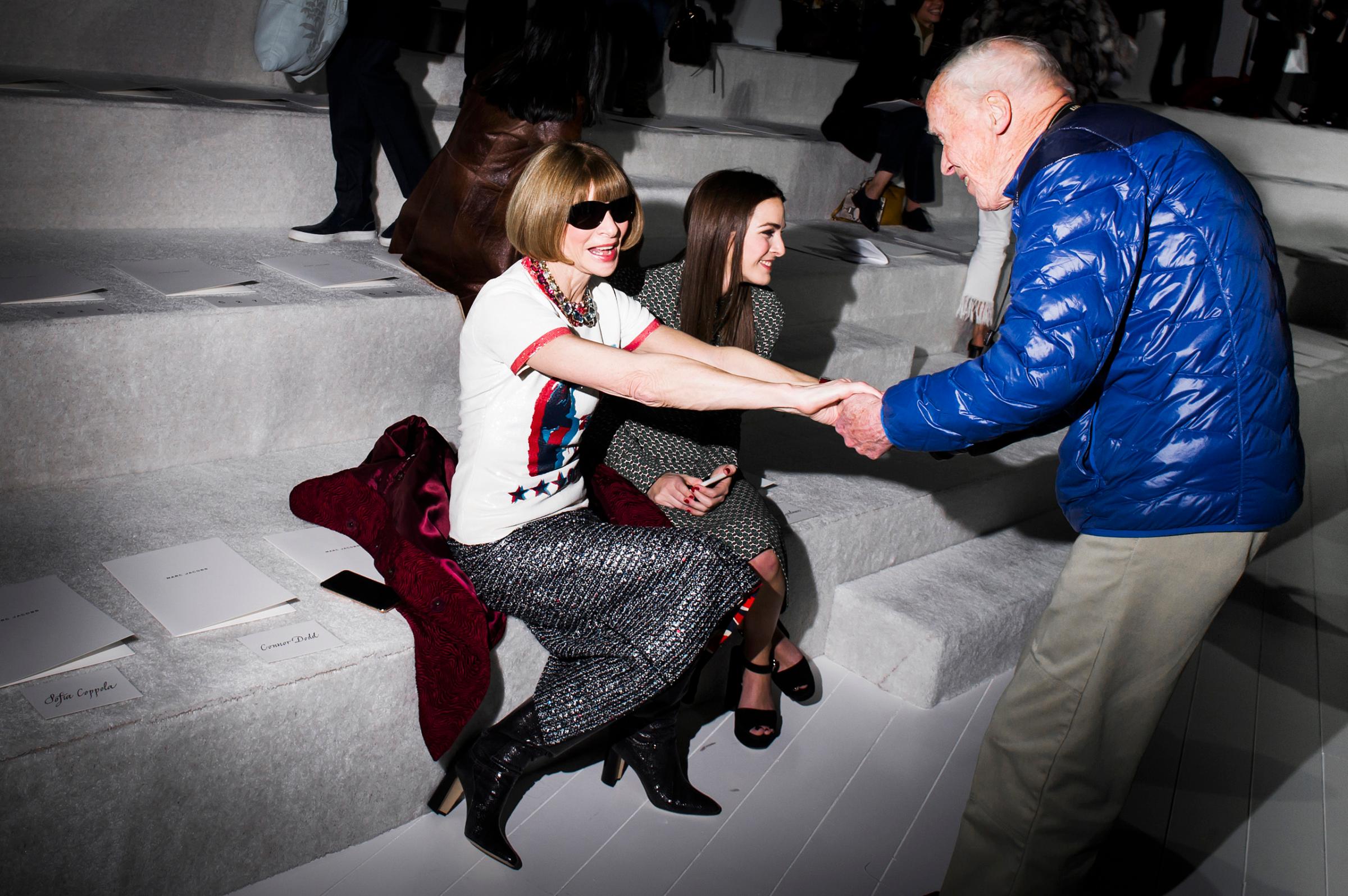
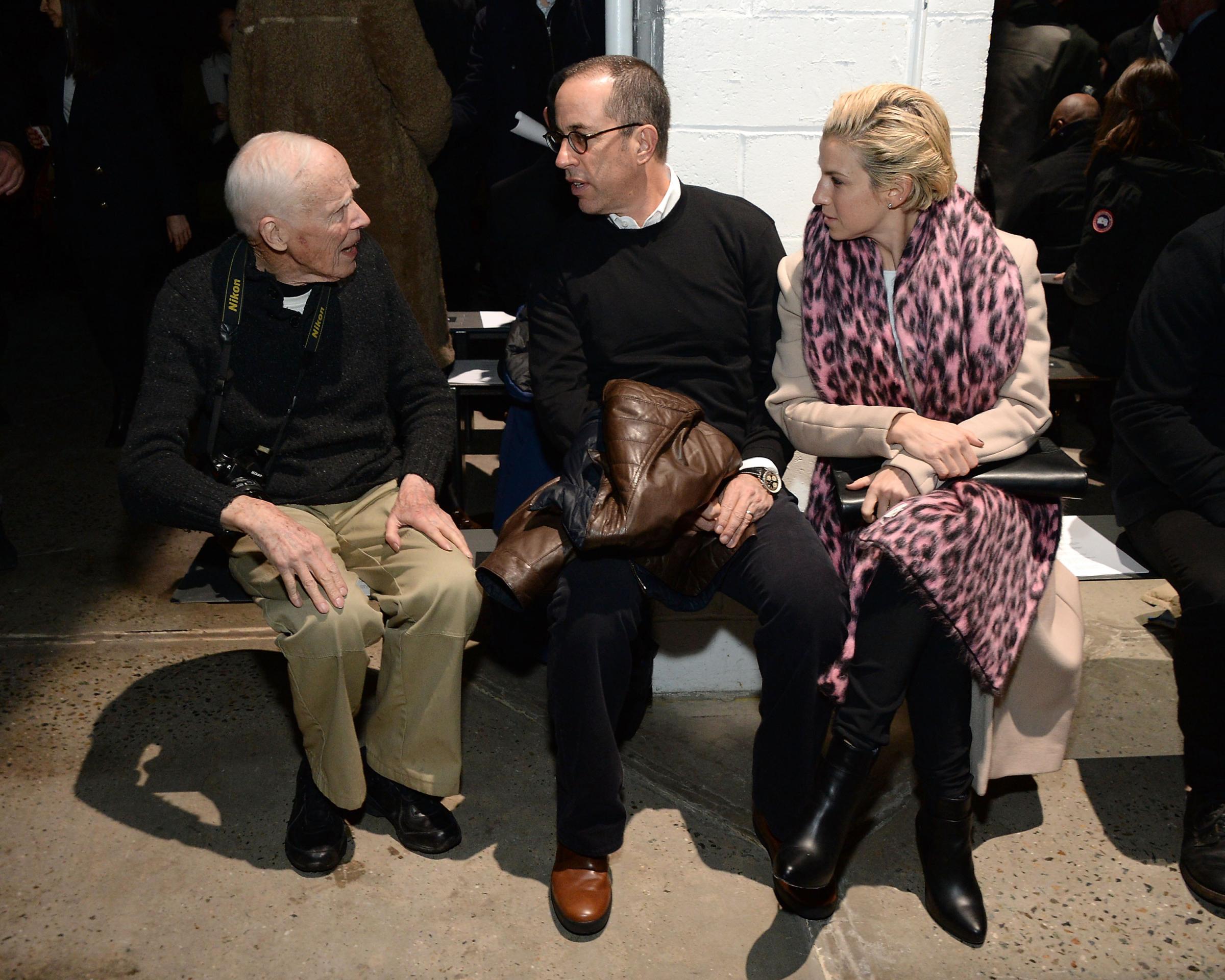
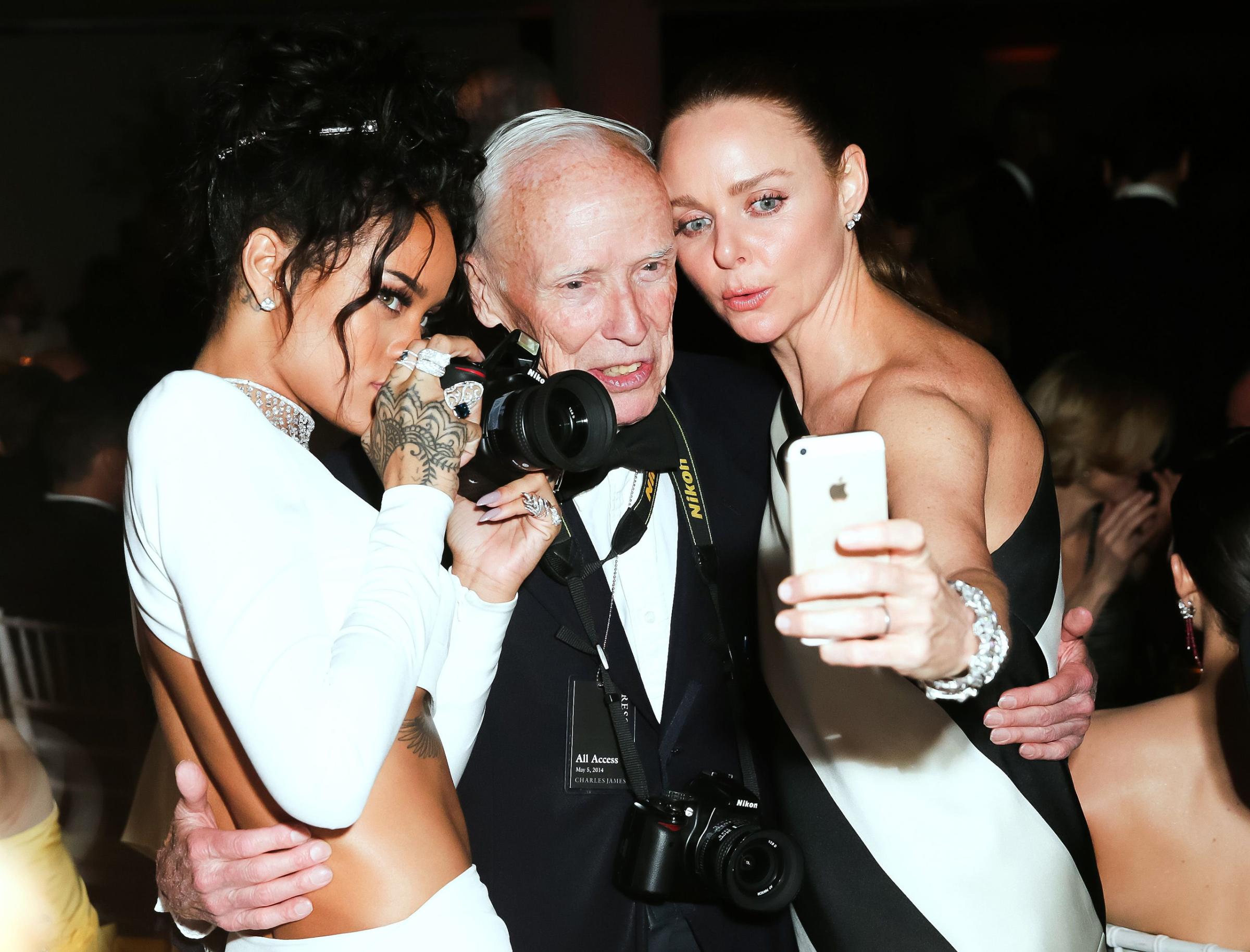
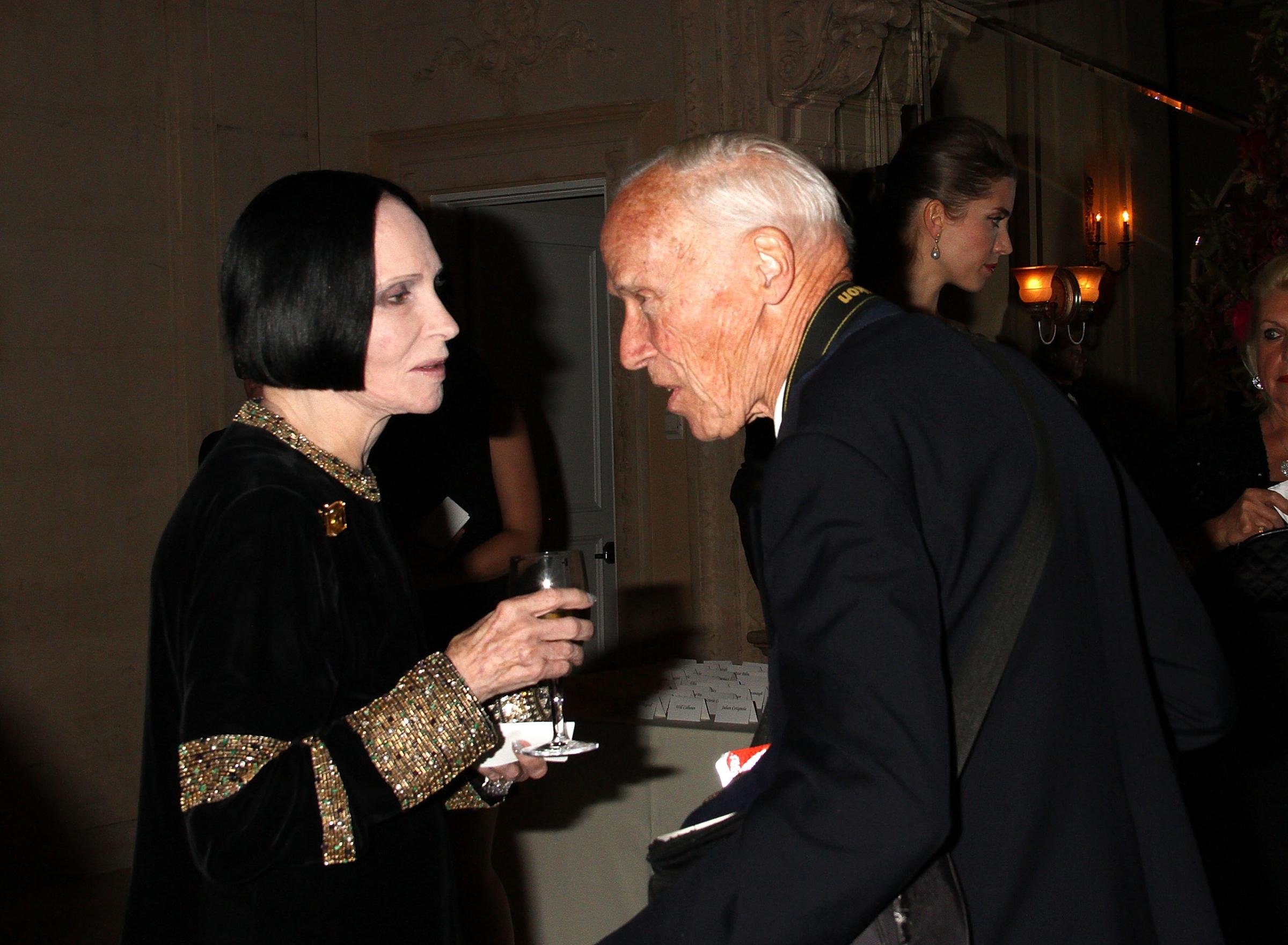
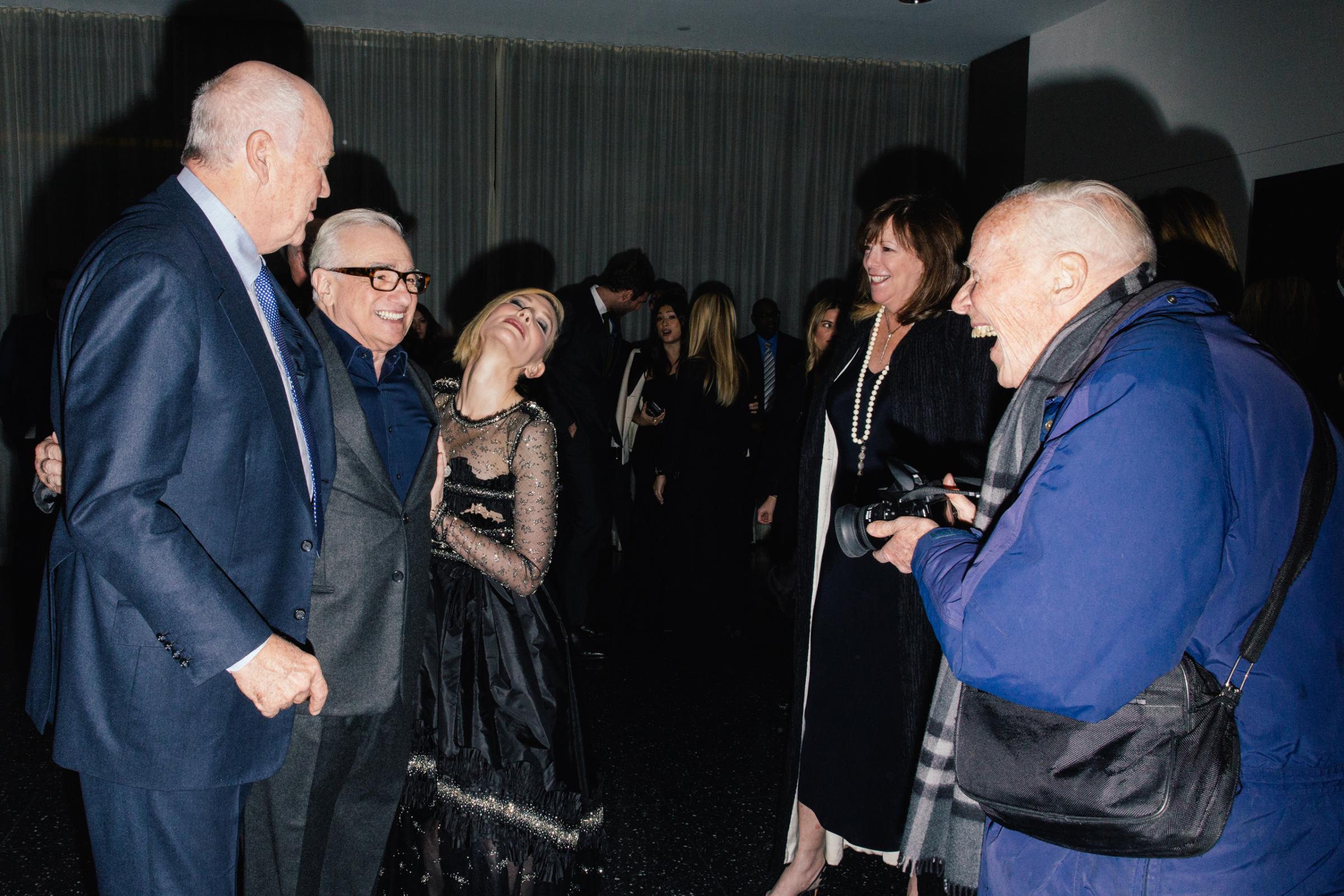
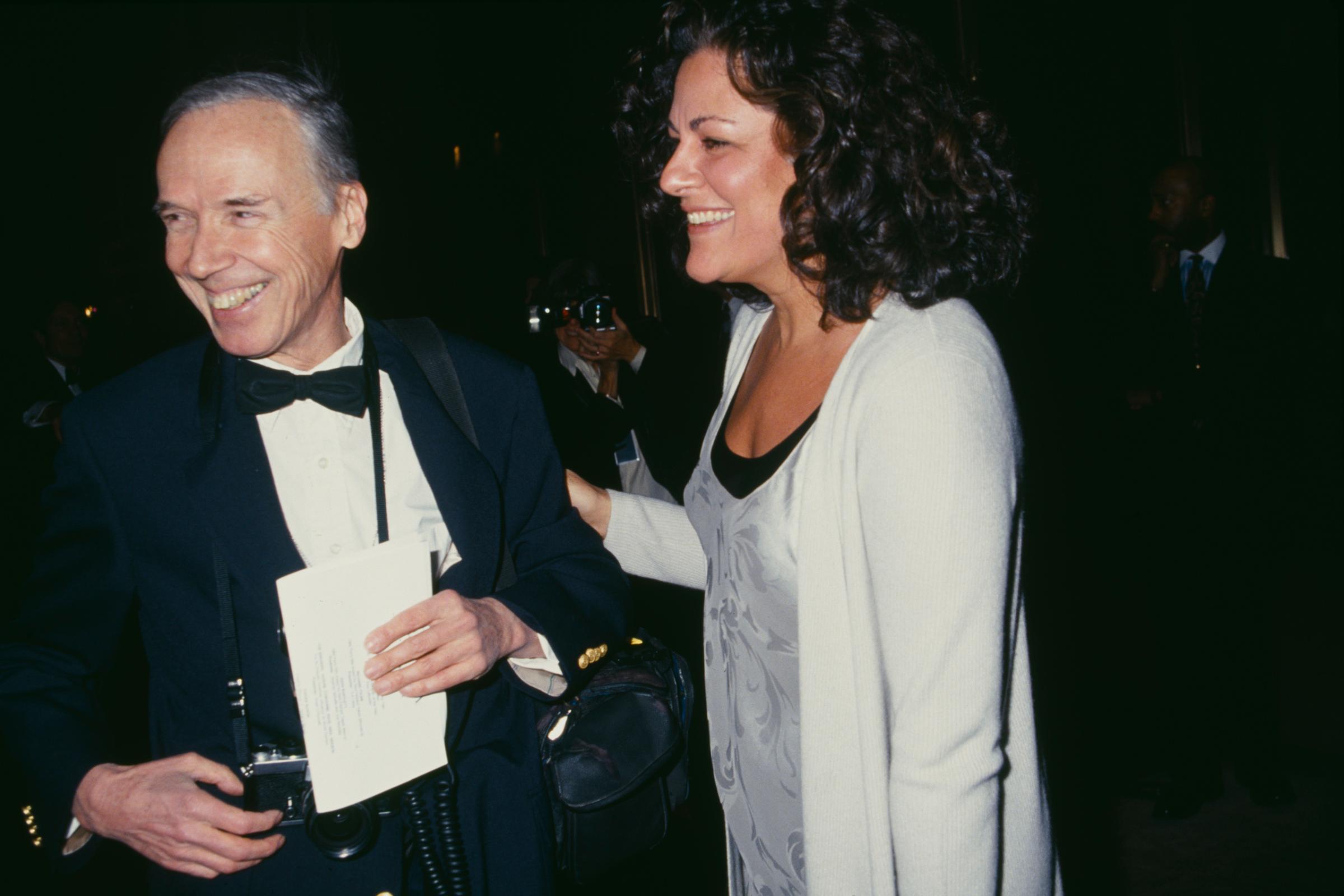
But Bill’s greatest skill was his ability to spot and call out a phony—and he did it often and with devastating effect in his words-and-picture fashion season roundups for the original Details, when it was still a downtown magazine. They inspired me to try to do something similar, even though I lacked his photographic memory of fashion. And for the next 30 years, almost every time he saw me (he sometimes didn’t, so intent was he on getting the pictures of people wearing clothes well that were his passion, his obsession, his life), it thrilled me that he would always say the same thing. “Give ‘em hell, child.” “Still giving them hell, child?” “Keep it up, child.” His words were even better than one of those little red lapel ribbons the French give to American retailers to thank them for flogging designer frocks and frills. Bill didn’t sell fashion; he celebrated it.
One of my most cherished memories of my time as a fashion reporter came three months into my tenure at the Times when a then-brand-new designer named Isabel Toledo held her first fashion show in a tiny studio in midtown, and showed Harlequin-pattern suits, an American flag coat and denim dresses with asymmetrical hems on campy models walking to music from her native Cuba, warbling from a suitcase-sized boom-box with dying batteries. In my memory, perhaps exaggerated, Bill and I were the only journalists there, and we both watched the show with the same a-star-is-born twinkle in our eyes. We were present at the creation of something quirky, eccentric, individual, and really, quite original.
I’m publishing a book about fashion photographers called Focus next week, and Bill isn’t in it. Bill, as I blogged moments after I heard he’d died, was sui generis. Bill wasn’t fabulous. Bill didn’t shoot with teams of editors, stylists and models. Bill didn’t shoot advertising. Bill didn’t live large. Bill wasn’t a raging egomaniac. Though he loomed large in fashion, he was a wallflower at the party, a determinedly quiet presence in his remarkable-because-they-were-so-unremarkable blue workingman’s jackets.
He did have one thing in common with many of the photographers in Focus. He was a dog, too, but Bill was a whippet, a sight-hound, to use the technical term, constantly stalking the streets in search of something creative, particularly if it was original or captured the moment. That’s why I think of him more as a journalist working in fashion, taking notes with a camera, than a fashion photographer. Bill was, more accurately, one of the great photo-journalists, though his beat wasn’t war, but the quotidian if glamorous camouflage worn on the streets of New York, London, Paris and Milan.
Not only that, Bill was one of the few true-blue journalists working that beat. His purity was considered quirkiness among the fashion flock. He didn’t sit down to eat at designer dinners. Didn’t curry favor. Didn’t take graft. He photographed people because he loved their style, which meant he often shot the wealthy, the titled or the otherwise fortunate, but he didn’t yearn to be one of them, or live like them, or even lunch with them, even though they constantly sought him out—even circling parties several times to “casually” wander into his view–in the hope that he would snap their picture and run it in what became the Styles sections of the Times, certifying they were somebody with Capital-S-Style.
Bill Cunningham was an original. He is also irreplaceable. He rode his rickety bicycles around Manhattan, a hunting dog coursing, seeking, stalking his prey, then quickly and quietly bagging his prize, the image that told the story-on-the-wing he hadn’t even known he was after until he saw it in full flight.
Michael Gross is an author and journalist based in New York. His upcoming book, Focus: The Sexy, Secret, Sometimes Sordid World of Fashion Photographers, is published by Atria Books.
More Must-Reads from TIME
- How Donald Trump Won
- The Best Inventions of 2024
- Why Sleep Is the Key to Living Longer
- Robert Zemeckis Just Wants to Move You
- How to Break 8 Toxic Communication Habits
- Nicola Coughlan Bet on Herself—And Won
- Why Vinegar Is So Good for You
- Meet TIME's Newest Class of Next Generation Leaders
Contact us at letters@time.com